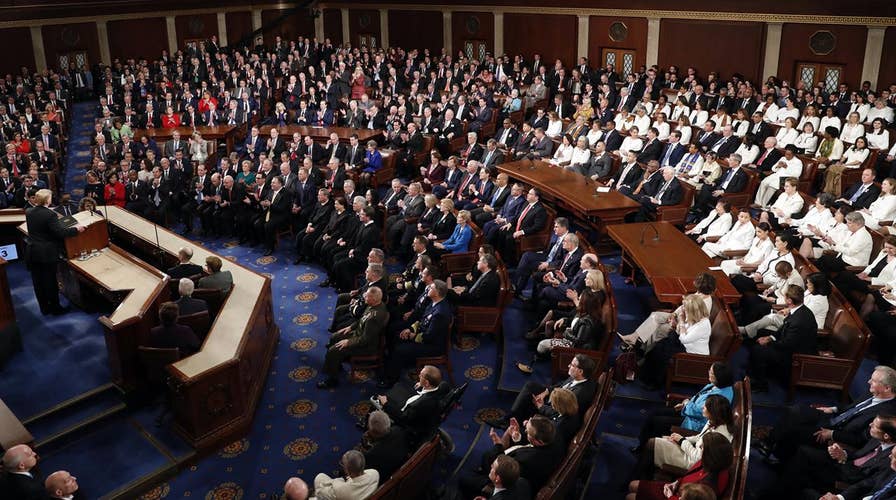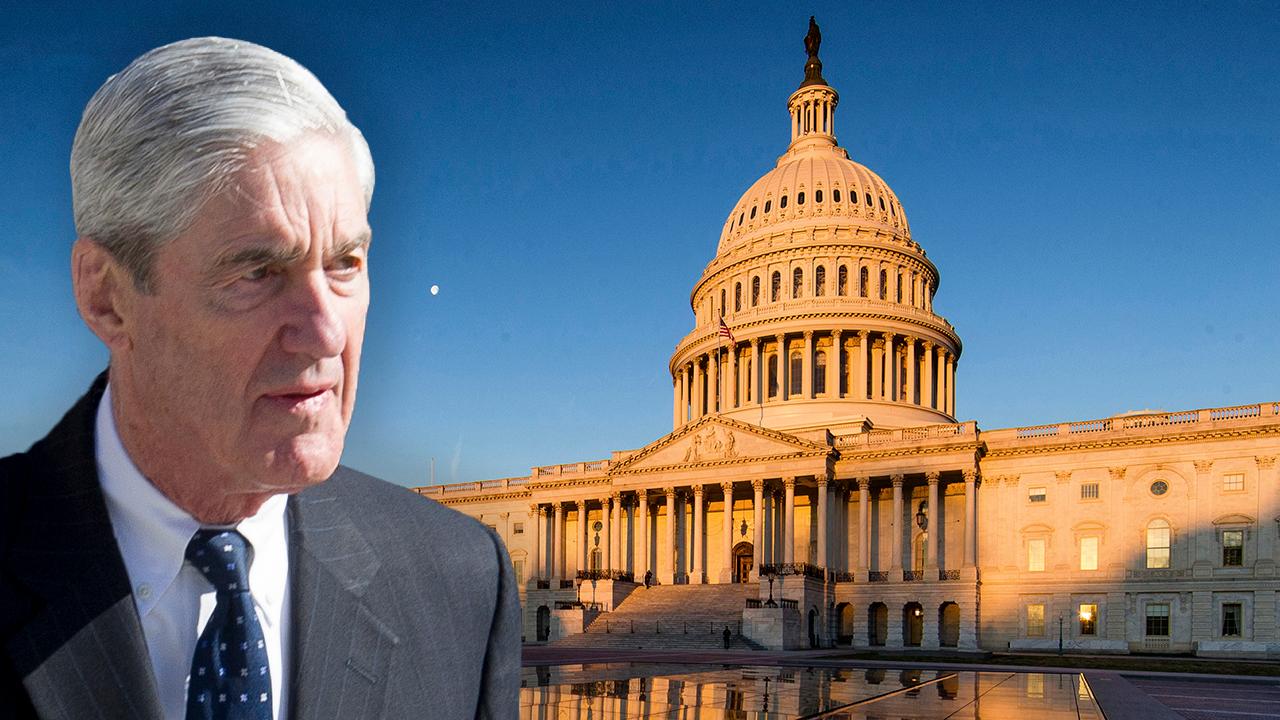CAPITOL HILL – The Senate GOP plans to detonate a “suitcase nuke” next week in Washington.
Senate Republicans and the Trump administration have been vexed by what they've characterized as unnecessary delays to confirm many of the president’s judicial and executive branch nominees. In 2013 and 2017, Senate Democrats – and then Republicans – deployed the “nuclear option” to lower the vote threshold required to end a filibuster on all nominees. Still standing in their way: a provision which permits senators to require the Senate to burn up to 30 hours of real time before voting to confirm various nominees.
Republicans have said they're exasperated that Democrats require that such time drip off the clock, delaying other business.
So, what GOP senators have discussed would not be a full-blown “thermonuclear strike” in the Senate. This is more of a “suitcase nuke.” Republicans would try to curb the amount of time available for debate after the Senate cuts off a filibuster on lower-level nominees. Republicans would retain 30 hours of debate for Cabinet officials along with Supreme Court and appellate nominees. But, the GOP plan would slash debate time for lower-tier executive branch positions and district court nominees from 30 hours to just two.
If Senate Republicans follow the script of “Nuclear Option 1” in 2013 and “Nuclear Option 2” in 2017, Republicans will have to drive the Senate into a unique parliamentary posture to establish a new precedent -- not a rules change.
Senate Majority Leader Mitch McConnell, R-Ky., on Thursday filed cloture -- the process necessary to end debate -- on a plan to limit the time drafted by Sen. Roy Blunt, R-Mo. That procedural vote to end debate needs 60 yeas but likely will fail.
It takes 67 votes to end a filibuster on a Senate rules change, but just a simple majority to establish a new precedent. The Senate conducts much of its business via precedent, not so much its standing rules.
McConnell then can call for a revote on what's expected to be a failed procedural vote, taking the Senate into the unique parliamentary posture. No debate is available after a failed vote to end debate. The Senate is effectively in a parliamentary cul-de-sac. Following Nuclear Options 1 and 2, McConnell likely would ask the chair if the Senate needs 60 votes to end debate on this type of resolution, with the chair ruling that yes, the Senate in fact does.
But next, McConnell would ask senators to vote to override the ruling. The Senate then would vote on, “Shall the decision of the Chair stand as the judgment of the Senate?”
GRAHAM DERIDES DEMS' 'OLIVER STONE APPROACH' TO MUELLER REPORT
That would initiate another roll call vote, where the Senate simply needs 51 votes to overrule the chair -- and establish a new precedent. Republicans would vote no, against the chair -- wanting the “no” votes to prevail.
After all of this, the new precedent would be that the Senate would have only two hours of debate after the Senate has voted to cut off debate on lower-level nominations, but would maintain 30 hours of debate after ending debate on higher-level picks.
In short, that’s the nuclear option, or “suitcase nuke” in this instance.
McConnell has set up on the floor what's likely to be the failed procedural vote next week. That failed vote would be essential to executing this maneuver.
However, Democrats have signaled they're not on board. “This is just another step in [McConnell's] effort to limit the rights of the minority and cede authority to the [Trump] administration,” Senate Minority Leader Chuck Schumer, D-N.Y., reacted.
“We’ve had slightly more interest in the past week up until now,” Blunt said about conversations with Democrats. “We’re trying to appeal to their better angels.”
Blunt says the habit of Democrats slowing things down, “goes back to Miguel Estrada” who withdrew his name from consideration for the DC Court of Appeals in the early 2000s after a prolonged filibuster from Democrats.
Blunt said, “it’s not a problem with the nominees. It’s just a stall tactic that keeps us from doing other things.”
CLICK HERE TO GET THE FOX NEWS APP
“This is completely unsustainable,” said McConnell.
The majority leader noted that if a Democrat wins the White House in 2020, Senate Republicans would continue to slow-walk nominees as payback for what’s going on now.







